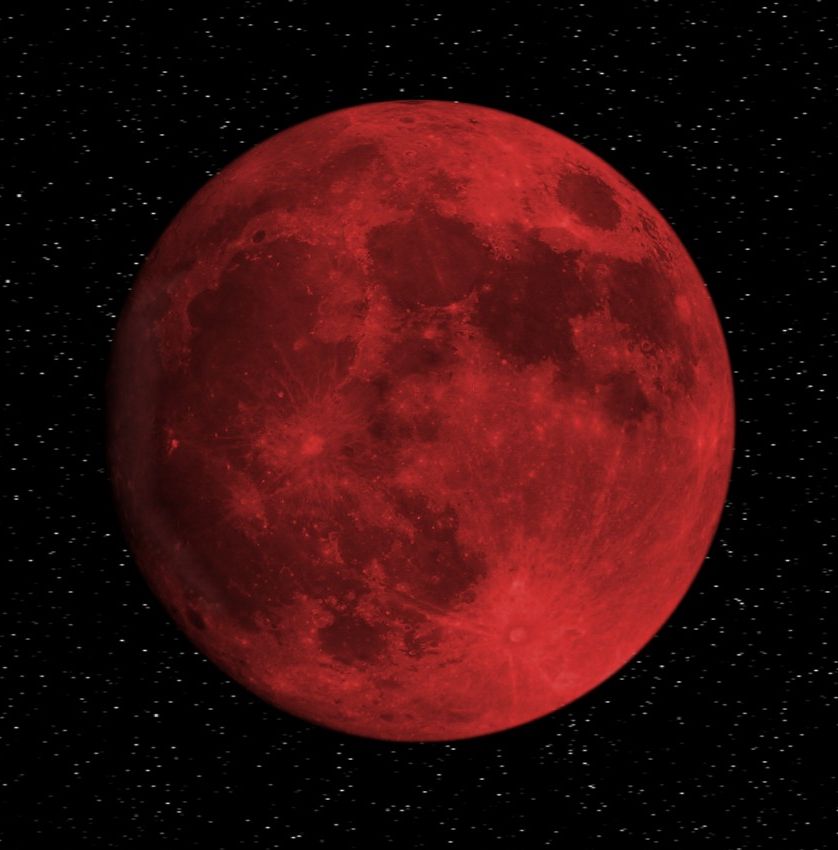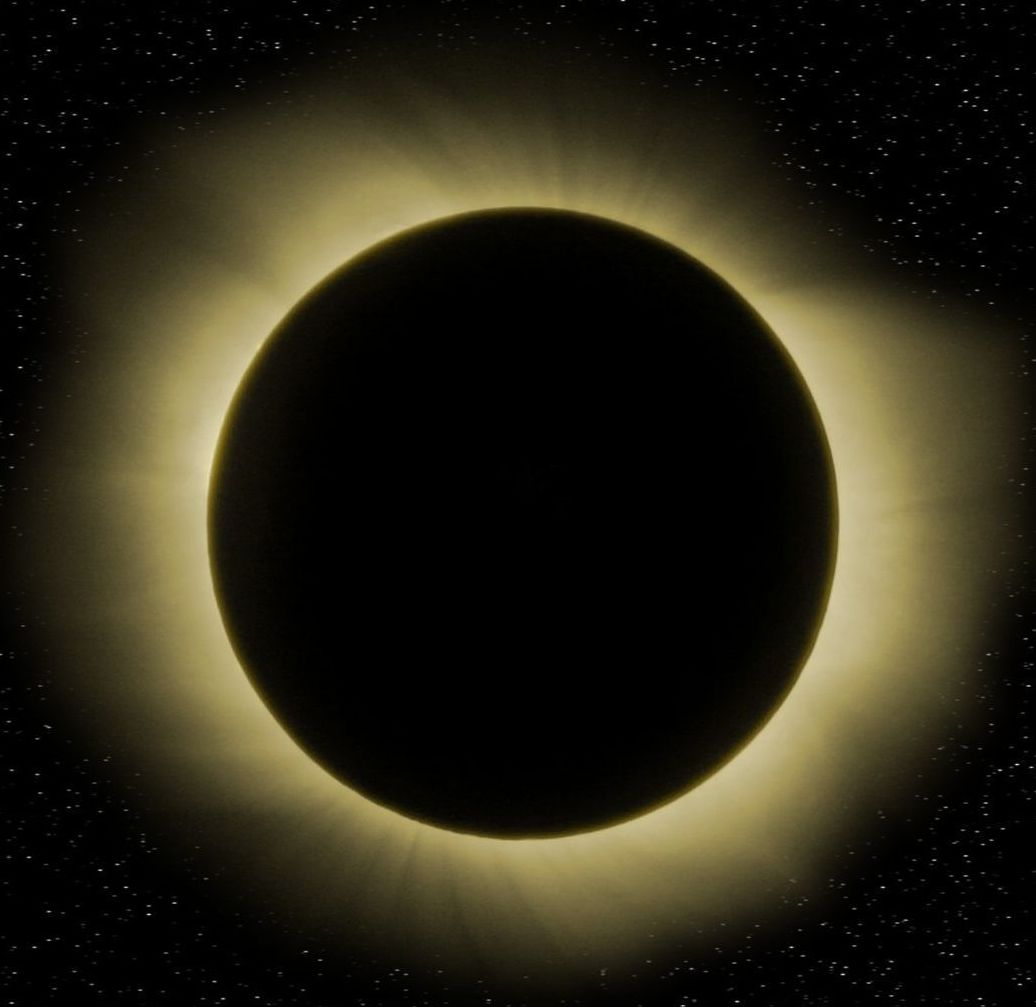 |
 |
Quotations from Mickey Hart

The following quotations were made by a master drummer. He loves the drums. I was amazed at the powerful influence of drums after reading this. Selected by a friend.
A Drummerís Worldview
“Eighty times a year I walk out onto the stage, which is a kind of sacred space.” p.230
A Drummer at the Edge of Noise
“Drummers are noise makers.” p.28
“Even beating on the pad with my fingers I felt it...there was a little pop! of something like adrenaline, only in my head.” p.143
“We were pushing the edge of noise, unwittingly activating our adrenals...there was a physicality to the music .... After a particularly loud set people couldnít walk or talk right; their speech was slurred.” p.138
“The song disappeared beneath these torrents of noise .... Youíd be out on the edge with this roaring animal all around you and it was always an open question whether it was going to go back into its cage or not. Then someone would remember the song or start another one, and all the dangerous possibilities would evaporate. This seemed to happen every other song in the early days.” p.138
“We were becoming a big noisy animal that made music when it breathed. We were also getting louder. That was another of our missions.” p.144
“Everywhere you look on the planet people are using drums to alter consciousness.” p.28
The Damaru
“A damaru is...a clapper drum...Itís not played with either the hand or a stick, but shaken. The most distinctive damarus are made from human skulls.” p.15
“ĎItís Tibetan, really old...Itís a power drum.í My friend pushed the little skull drum across the table, encouraging me to feel how easily the delicate crania fit the palm of my hand. I shook it .... The sound was much bigger than I had expected .... Whoíd have thought our skulls were so resonant?...I played it for ten or fifteen more minutes .... I set it back on a shelf and then went and threw up.” p.179
The Spirituality of Drumming
“Drums have two voices. One is technical, having to do with the drumís shape...material...and the standard way itís played. Technique gives you this voiceĖthe drumís sweet spot. It takes commitment and apprenticeship to learn how to find a drumís sweet spot. But once you do, the potential arises for contacting the drumís second voice...the spirit side of the drum.” p.18
“Percussion was almost universally used during such rituals of transition as birth, puberty, marriage, and death, when the spirit world is called upon for guidance.” p.112
“[The] group established a deep groove of enormous power .... This was not entertainment. This wasnít a stage show. This was serious, this was some sort of invocation. But to what?” p.212
“[They] have the idea of the crossroads, the point where the spirit world and this world intersect. Certain things attract the spirits to a crossroads. One is music.” p.242
“The voice of the drum is a spirit thing.” p.246
“When Rolling Thunder was in residence, one of his sons would rise at dawn and wake the place with a barking cry. Hooowwwooooohhh.” p.157
Shamanic Key to the Other World
“The word shaman...is used to describe individuals...who can enter into a trance in order to communicate with the spirit world.” p.161
“A few years ago...I thought shamans were like stage magicians, using all sorts of tricks and ventriloquism to fool people into believing they had special powers. Now I know better.” p.161
“Shamans are drummersĖtheyíre rhythmists, theyíre trance masters who have understood something fundamental about the nature of the drum.” p.163
“Most of the examples of percussive trance fell into two broad categories. In the first, drumming was used to summon the spirits or the gods down into the body of someone other than the drummer, usually a dancer .... the classic example is vŰdun (voodoo).” p.163
“A shaman is someone who has undergone a symbolic death and been reborn into a higher integration.” p.166
“Beating a drum or shaking a rattle, a shaman sings the songs that alert his spirit allies that they are needed.” p.167
“For the shaman, the drum is not so much a musical instrument as a vehicle for transportation.” p.171
“None of my friends talked about shamans, and yet thatís what we were all trying to become...intent only on the thrill that came from playing in these dangerous spaces so far above the ground.” p.174
“Since childhood...playing a drum...stimulated a feeling of lightness, happiness, timelessness. In another culture, my capacity to access these states might have resulted in my becoming a shaman .... I might have been taught how to ride my drum not into the rock and roll groove, but out of my body to...where the animal powers live. As it was, I had glimpses of these powers in the drums Iíd collected, but until now I had never really understood what they were.” p.174
“When the shaman reaches that door, he sings his songs and the spirit allies come...Percussive noise might be helpful in inducing trance, but it was rhythmic entrainment that enabled the shaman to actually move into this spirit world...This, I think, is the drumís function.” p.177
“You donít want to be possessed by just any spirit, so great care must be taken that only the correct spirit takes up residence. The way this is accomplished is with the drum. Particular rhythms are supposed to attract particular spirits.” p.204
Airto Moreiraís Story
Africa and the Invisible Counterplayers
“The mambo...a mambo was a [voodoo] priestess.” p.64
“By trying to stop [voodoo]...in the New World, African music and dancing was presented both for Africans and whites as an end in itself, a form on its own. By separating the music from its religious intent, the century-long gestation began that would ultimately produce the dominant popular musical styles of the twentieth centuryĖjazz, the blues, rhythm and blues, and rock and roll.” p.224
“Looking back on the early years of rock and roll now, I can see why the adults were scared. The screams, the ecstatic states, the hysteriaĖthis music had a power that adults didnít understand. We didnít even understand it ourselves, but we werenít as scared of it as they were.” p.228
Here is an interesting related link.







